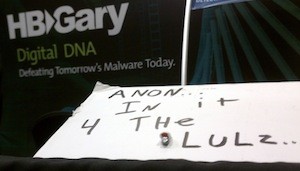”If I can’t dance I don’t want to be part of your revolution.”
– attributed to Emma Goldman
Since finishing the previous post, I’ve kept puzzling over Tom Joad and why I don’t really warm to him. The last time I wrote about Joad, for example, was in an entry titled “The Democratization of Higher Knowledge,” where I described him as “hapless” and compared him unfavorably to that other mythic figure born of late 30’s populism, Bugs Bunny.
The difference between Tom and Bugs, of course, is that Bugs is an authentic trickster figure — the descendant of Rabbit and Coyote and Raven and all the others of that venerable lineage — and is totally in it for the Lulz. Tom Joad, on the other hand, is more like a Neolithic corn-god who achieves divinity through self-sacrifice without actually having to do anything.
It’s partly a matter of taste, I suppose — or perhaps not, because standing behind the persona of Tom Joad is the similar but far more dynamic figure of Joe Hill.
Joe Hill was a real person, a labor organizer and songwriter who was a member of the International Workers of the World (familiarly known as the Wobblies) — the group whose call for “one big union” is echoed in Joad’s “one big soul.” Hill was executed by the state of Utah in 1915 on what were apparently trumped-up murder charges and was mythologized after his death in the poem “I Dreamed I Saw Joe Hill Last Night,” written in 1930 and set to music in 1936.

 The first thing I noticed was that Schultz was wearing a trucker’s cap almost identical to one in the
The first thing I noticed was that Schultz was wearing a trucker’s cap almost identical to one in the  Despite that stinging humiliation, HBGary
Despite that stinging humiliation, HBGary 


